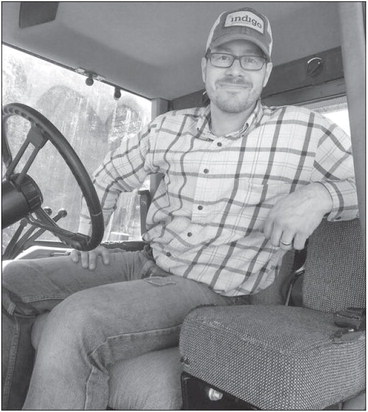EXTRA CREDIT


Area farmer helping others get paid for capturing carbon
By Kevin O’Brien
In the cash-strapped world of agr...


Area farmer helping others get paid for capturing carbon
By Kevin O’Brien
In the cash-strapped world of agr...